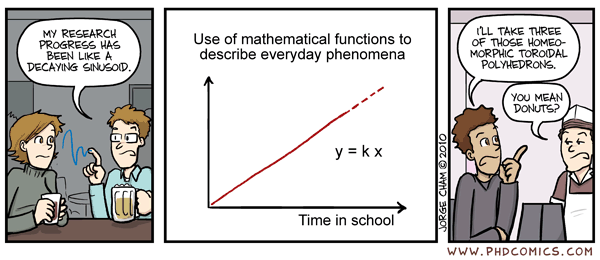| next   j |
Saturday, October 23, 2010
Update from Haiti on Cholera Crisis: >200 Deaths

As Haiti grapples with the worst health crisis since the earthquake, the cholera situation remains uncertain, with the death toll topping 200, according to Haitian health officials on Saturday. Partners In Health is providing urgent care to the ill and mounting a massive community campaign to distribute soap and rehydration salts, and educate people about prevention. Our community health workers are traveling to the most affected areas in search of patients who need immediate treatment.
The outbreak is concentrated in the Lower Artibonite region northwest of Port-au-Prince, where Partners In Health operates three hospitals in partnership with Haiti's Ministry of Public Health and Population.
Click below for images from the outbreak and to read a full update from our staff in the field:
A large concern is the geographic spread of the outbreak, and particularly the possibility of its spread to Port-au-Prince. In a call with reporters yesterday, PIH Chief Medical Officer Joia Mukherjee warned, "There's no reason to anticipate [cholera] wouldn't spread widely within Haiti.'' Thus far no confirmed cases have been reported in the capital city, and Haitian health officials and international groups are working desperately to contain the epidemic. We are posting news and media coverage to our website continuously and will keep you informed as more information becomes available.
Click below to see images from the Cholera outbreak in Haiti and read a full update:
http://act.pih.org/cholera-slideshow
Our profound thanks to the many of you who have already made a contribution. Your support provides PIH with the resources needed to respond immediately to the cholera outbreak.
If you are interested in making a donation to help PIH and ZL respond to this crisis, please click here.
In solidarity,
Partners In Health
Partners In Health
888 Commonwealth Ave, 3rd Floor
Boston, MA 02215
Voting on November 2nd
Wednesday, October 20, 2010
New evidence contradicts notion that early humans were largely hunters
New Evidence that Early Humans Were Plant-Eaters
New evidence contradicts the notion that early humans were mainly hunters. Archeological findings recently unearthed in Italy, Russia, and the Czech Republic show evidence that grains were ground into flour as far back as 30,000 years ago. The findings were presented in the Proceedings of the National Academy of Sciences.
Revedin A, Aranguren B, Becattini R, et al. Thirty thousand-year-old evidence of plant food processing. Proc Natl Acad Sci. 2010. Published ahead of print October 19, 2010: doi: 10.1073/pnas.1006993107.
For information about nutrition and health, please visit www.pcrm.org/.
Breaking Medical News is a service of the Physicians Committee for Responsible Medicine,
5100 Wisconsin Avenue, N.W., Suite 400, Washington, DC 20016.






